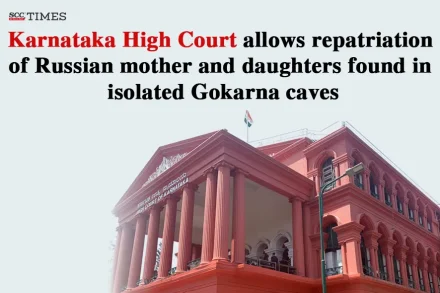
Karnataka High Court allows repatriation of Russian mother and daughters found in isolated Gokarna caves
The Russian mother and the elder child had overstayed with another being born in India.

The Russian mother and the elder child had overstayed with another being born in India.
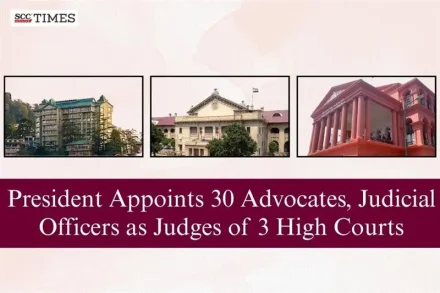
The President appointed 30 advocates, judicial officers and an additional judge as judges/ permanent judge of Allahabad, Himachal Pradesh, and Karnataka High Court.
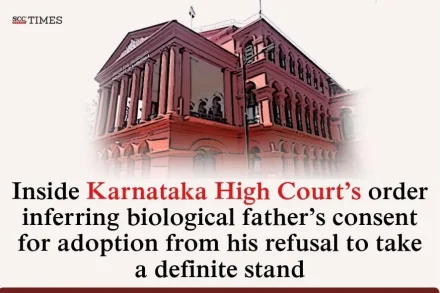
‘The biological father failed to come forward to extend justifiable reasons to deny the benefit of adoption not just to the petitioner but also to the minor whose interest must be paramount.’

The Court observed that a hospital remains the same legal entity even after a change in its name.
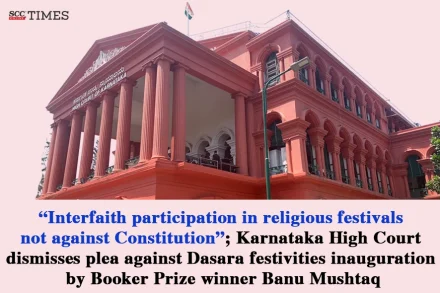
“The extension of invitation does not fall foul of any of the values enshrined in the Constitution of India.”
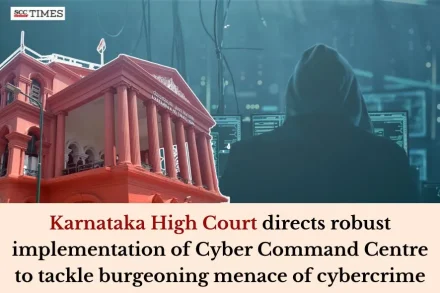
“This CCC should not be a mere edifice of bureaucracy, but a paradigm shift, a beacon heralding a new dawn in the fight against cybercrime.”
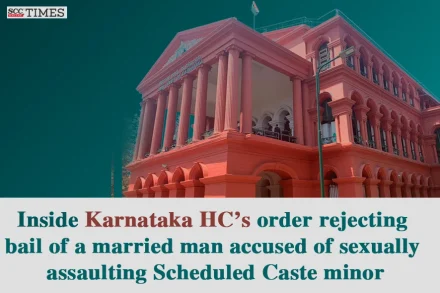
“It is high time to send a strong signal to the society at large to be more vigilant on women and children belonging to weaker sections of the society.”
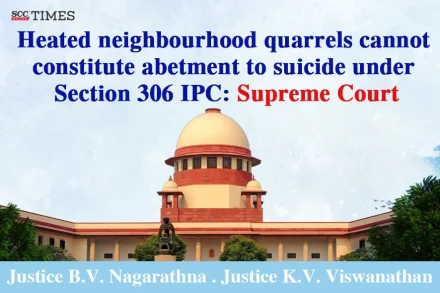
“Though ‘love thy neighbour’ is the ideal scenario, neighbourhood quarrels are not unknown to societal living. They are as old as community living itself. The question is whether on facts there has been a case of abetment of suicide?”
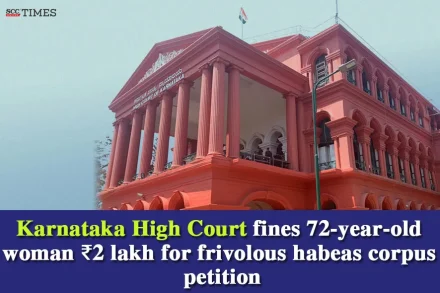
“The filing of this kind of litigation should not be encouraged by this court and the same should be deprecated.”
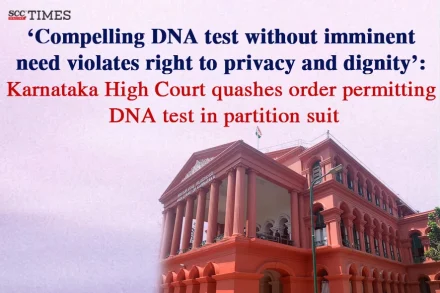
“The concerned Court has treated the DNA test as a frolicsome act and ordered as a matter of course. Right to privacy and dignity is lost sight of.”
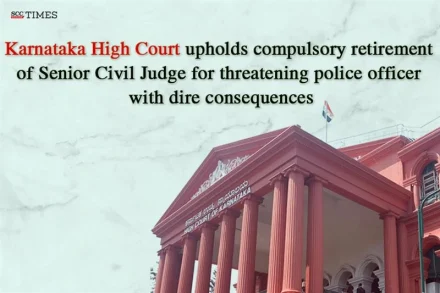
The Senior Civil Judge had allegedly threatened a police officer over a phone call in a complaint case filed against his sister.
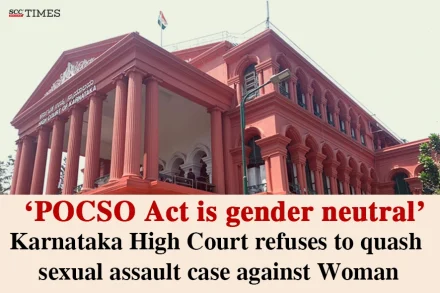
The submission that in a sexual intercourse the male is ever an active agent, and the woman forever is a passive recipient is archaic notion which finds no foothold in the present day.
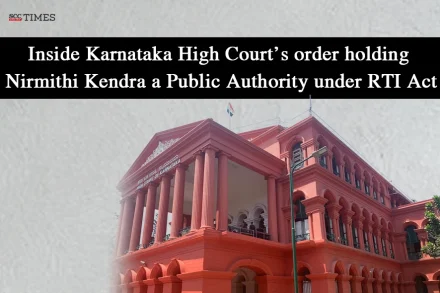
“A perusal of Section 2(h) of the RTI Act, would indicate that it is not only funding, but also control, which would have to be considered to determine whether it is a public authority or not.”
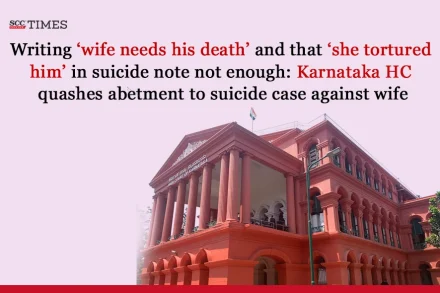
“Reading of the complaint, filed in the present case, would go to show that, necessary ingredients to attract the alleged offence is not found.”
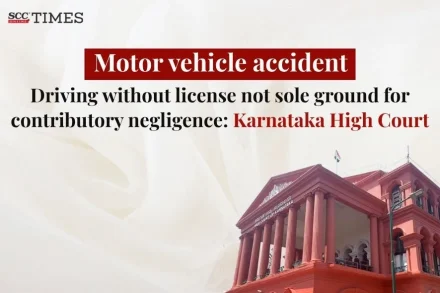
The Court observed that the amputation of left leg above knee was due to the injuries sustained during the accident and awarded compensation for loss of future earnings.
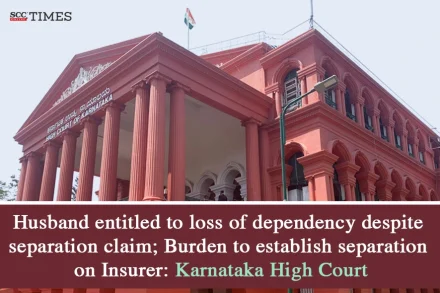
“Residing together cannot be added as additional condition to be established by claimant to be entitled for compensation. Burden to establish separation would be on Insurer.”
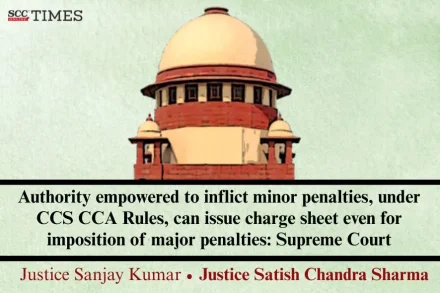
As per Appendix 3 appended to CCS CCA Rules, the Member Telecommunications Commission is a competent authority to impose major penalties, and the General Manager, Telecommunications, is competent to impose minor penalties.
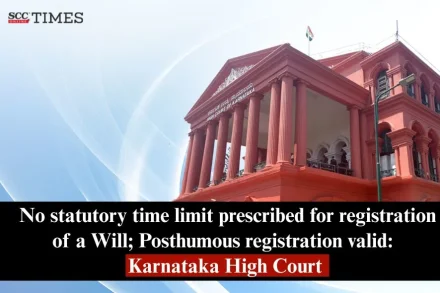
“The combined reading of Sections 23 and 27 of the Registration Act, 1908, clearly do establishes that, Wills are not subject to the four months limitation period applicable to other documents, and may be registered either before or after the death of the testator.”
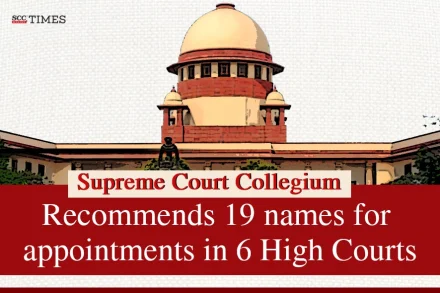
The Collegium led by Chief Justice of India B.R. Gavai held a meeting on 28-07-2025 to approve and recommend the appointment of several judges in Karnataka, Calcutta, Chhattisgarh, Delhi, Andhra Pradesh, and Bombay High Court.